Air Malta (Malta International) will be dissolved by the end of 2023, the Maltese investigative news site The Shift reported on April 15, with sources in the government saying the European Commission had informally told it there was no chance of approval for a plan to inject millions of euros into the airline to keep it afloat. Times of Malta reported a similar story citing its own sources on April 16, and on April 18 Air Malta's executive chairman himself confirmed that the carrier will be replaced with a new airline.
The government sought permission from Brussels two years ago to sink a further EUR290 million euros (USD319 million) into the state-owned flag carrier as a capital injection. The Shift’s sources said that given the unlikelihood of approval, Valletta had already chosen to close the airline down, and what is being discussed now is how a successor carrier can be established without abusing state aid rules.
The news outlet reported that tens of millions are now more likely to go towards redundancy and severance packages as the company is dissolved and, it is hoped, replaced with a more commercially viable airline.
Reports emerged last summer that the Maltese government had come up with backup plans to dissolve Air Malta and transfer its few remaining profitable assets to a new, as yet unnamed, state-owned airline. But in the autumn its executive chairman David Curmi told ch-aviation, while confirming the existence of the backup plan, that he was was still hopeful Brussels would not reject the country’s rescue package request.
The airline needs significant funding, but blocking the way is a “one time, last time” rule whereby aid granted under the EU’s rescue and restructuring guidelines can be given only once over a ten-year period. Air Malta did so in 2016, barring it from further state funding until 2026. The government has reportedly been studying Alitalia’s transformation to ITA Airways (AZ, Rome Fiumicino) as a solution to retaining a state-funded carrier.
Times of Malta’s sources confirmed that the backup Plan B was now the likely option, to shut down Air Malta and set up a new replacement “right away” - possibly even without disrupting the schedules. The newspaper’s sources in Brussels said a final decision had not yet been taken and one last round of meetings remains in the coming weeks, but they agreed that as things stand the commission is set on refusing the Maltese government’s request for a state aid injection. Most recently, Brussels had asked for more details on Air Malta’s operations, including the fleet and employees on its books, they added.
Approached for comment, Maltese Finance Minister Clyde Caruana merely confirmed to the daily that the government had held lengthy meetings last week with EU Commission representatives. A diary of European Commission events reveals that Johannes Hahn, commissioner for budget and administration, travelled to Valletta for talks with Caruana and Prime Minister Robert Abela.
On April 18, Curmi told the Times of Malta that the country will have a new national airline by the end of the year and that the transition from Air Malta will be “largely seamless” for passengers. The creation of a successor carrier is in the final phase, he said, as the European Commission had rejected the government’s state aid request for the existing company.
Brussels “does not want a photocopy of Air Malta,” he said. “We created a five-year business plan and we are close to concluding on that. If we stick to this plan, then we will have a national airline that makes business sense.” The end of 2023 is the target date for the changeover, and “the new airline will have its own booking platform and tickets will be sold there. The old company will continue operations until the very end when the new airline will take over.”
He added: “Malta will still have a national airline. What it will never be is a low-cost carrier. We will continue flying to key airports in key cities while continuing to fly cargo which is increasing exponentially because of an improvement in service. The new airline will not be competing on price but on service. This will be our competitive edge.”
According to the ch-aviation Commercial Aviation Aircraft Data module, Air Malta operates an all-leased fleet of three A320-200s - two of which are currently in maintenance - and five A320-200Ns, and it is wet-leasing in two more A320ceo from SmartLynx Airlines Malta (2N, Malta International) and Bulgaria’s Fly2Sky (F6, Sofia).
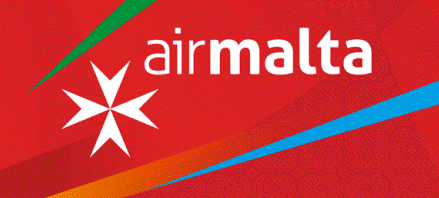
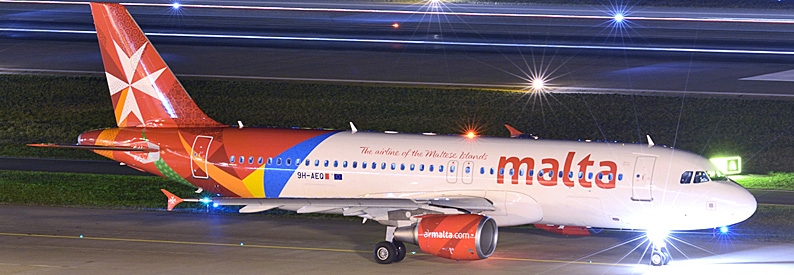
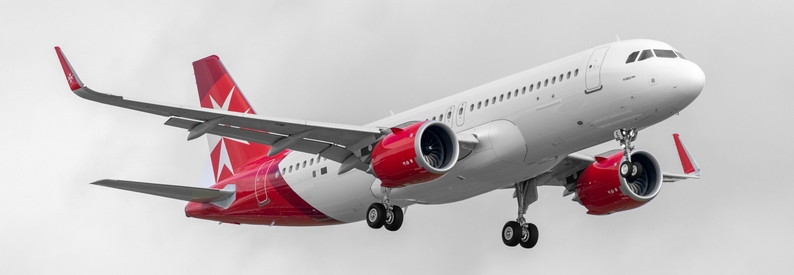
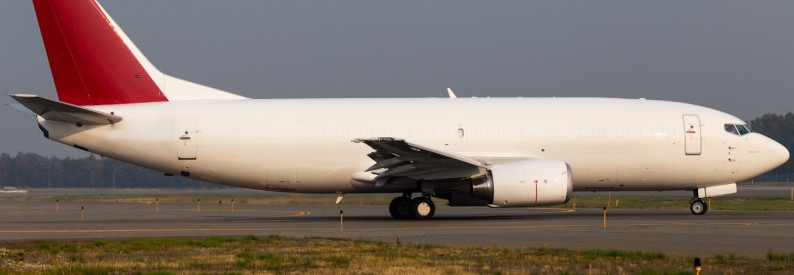
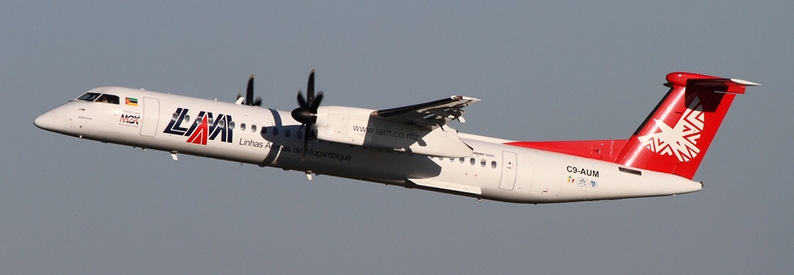
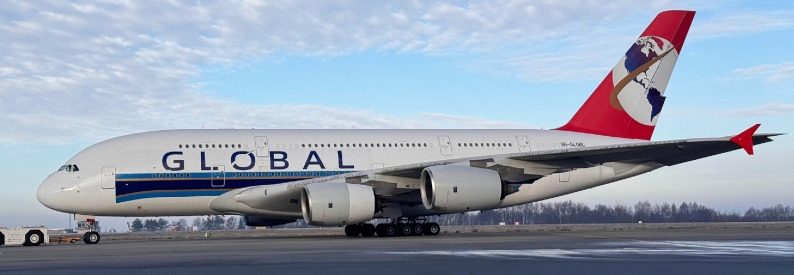
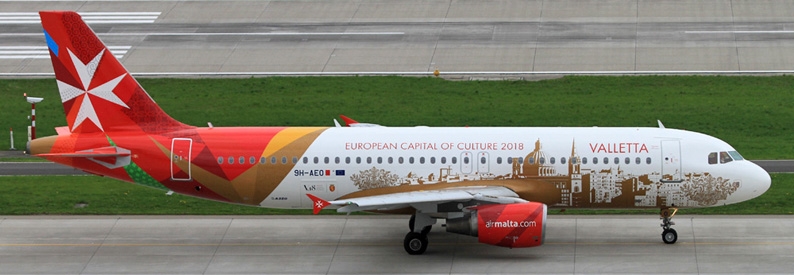
Editorial Comment: Added update on April 18 report - 18Apr2023 - 08:53 UTC